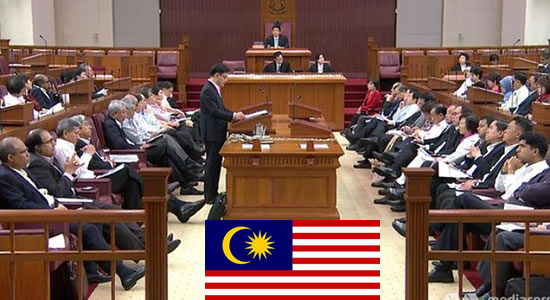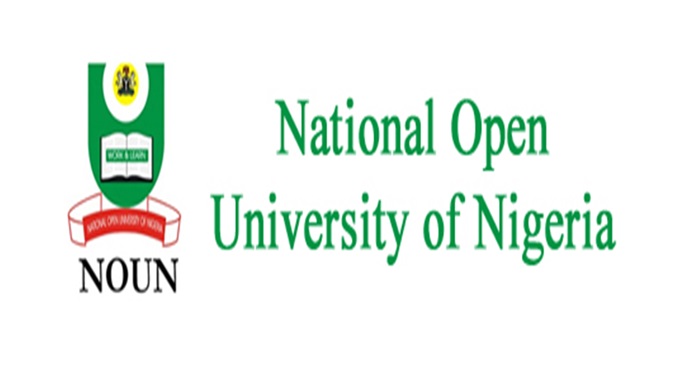Adult Singaporeans will get a one-off "SG Bonus" this year, ranging from $100 to $300, depending on their income. The bonus comes as the Government expects an overall budget surplus of $9.6 billion, or 2.1 per cent of GDP, for the 2017 financial year, Finance Minister Heng Swee Keat said on Monday.
Finance minister Heng Swee Keat made the announcement during his budget speech in Parliament, describing the bonus as a “hongbao”, the Mandarin word for a monetary gift given on special occasions. The surplus is markedly higher than the $1.9 billion forecast a year ago, mainly because of "exceptional" Statutory Board contributions of $4.6 billion.
These contributions are mainly from the Monetary Authority of Singapore on the back a rally in global stock and bond markets in the second half of FY 2016, and increased stamp duty collections of $2 billion due to the property market pick-up.
"We do not expect either to occur every year," said Mr Heng. "It is not a structural surplus." Some of this year's surplus will be put aside for future spending, including $5 billion for the Rail Infrastructure Fund, which will be launched this year to save for major upcoming rail lines.
There will also be $2 billion earmarked for premium subsidies and other forms of support for Singaporeans when the ElderShield review is complete. He said this “reflects the government’s long-standing commitment to share of the fruits of Singapore’s development with Singaporeans”, according to Channel News Asia.
The “SG Bonus” will cost the government S$700 million (US $533 million). The bonus will be paid according to people’s accessible income. About 2.7 million people will get the payouts, which are due by the end of 2018.
Those with an income of S$28,000 or below will be eligible to receive S$300, those whose incomes ranging from S$28,001 to S$100,000 will receive S$200, and those with incomes in excess of S$100,000 will receive S$100.
Singapore’s revised budget for fiscal 2017 showed a surplus of S$9.61 billion, thanks to contributions from statutory boards and higher-than-expected stamp duty. The surplus will also be used in other ways.
Heng said S$5 billion will be set aside for the Rail Infrastructure Fund to save up for new railway lines that Singapore is building. Another S$2 billion will be set aside for premium subsidies and other forms of support for Eldershield, an insurance scheme that helps senior citizens with severe disabilities to cope with the financial demands of their daily care.
Singapore became an independent republic in August 9th, 1965. Facing severe unemployment and a housing crisis, Singapore embarked on a modernization programme beginning in the late 1960s through the 1970s that focused on establishing a manufacturing industry, developing large public housing estates and investing heavily on public education.
By the 1990, the country had become one of the world's most prosperous nations, with a highly developed free market economy, strong international trading links, and the highest per capita gross domestic product in Asia outside Japan.
















)


